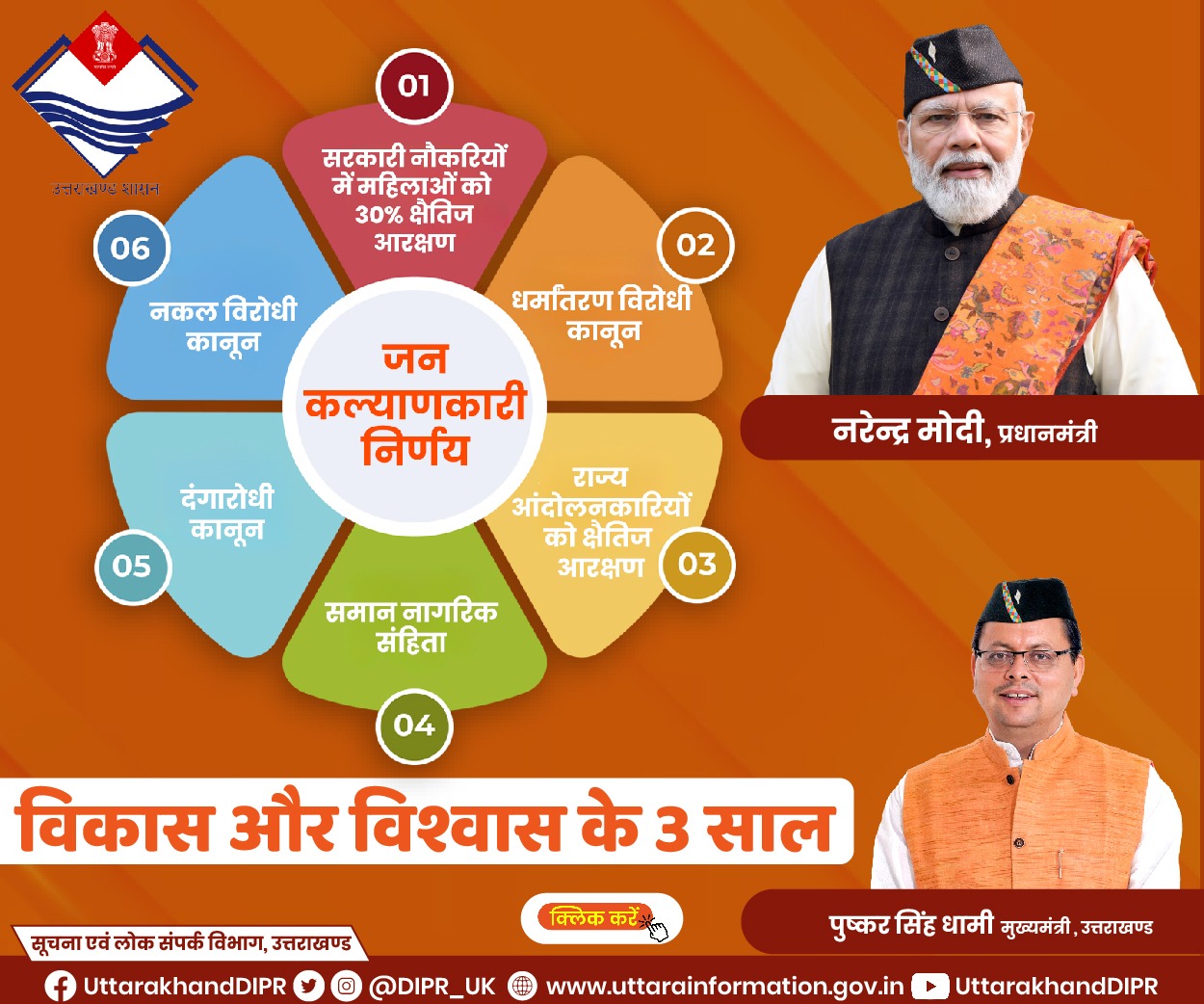(News Trust of India) : The ink on the latest news cycle barely dries before artificial intelligence (AI) algorithms devour and regurgitate its contents. This insatiable hunger for information has news organizations scrambling for survival, their once-mighty grip on public discourse loosening with each click on an AI-generated news snippet. The rise of generative AI, capable of crafting eerily human-quality text, poses an existential threat to journalism, one that lawmakers are finally starting to acknowledge.
A Decade of Cannibalization:
For over a decade, the media industry has wrestled with the parasitic practices of tech giants. Platforms like Google News and Facebook aggregate headlines and article snippets, siphoning away readers and ad revenue from the very sources that produce the content. This “free lunch” approach, fuelled by the legal gray area of fair use, has decimated journalism, hollowing out newsrooms and silencing important voices.
Enter the Generative AI Juggernaut:
Now, the landscape is further complicated by the emergence of generative AI models like ChatGPT and LaMDA. These algorithms, trained on massive datasets of news articles, can produce eerily accurate and original-seeming content, from breaking news reports to opinion pieces. This ability to mimic and surpass human journalists threatens to render traditional newsgathering obsolete. Readers, accustomed to the immediacy and convenience of AI-generated news, may bypass the painstaking work of investigative journalism altogether.
Lawmakers Sound the Alarm:
The crisis brewing in the newsroom has finally reached the halls of power. In a recent Senate Judiciary Committee hearing, lawmakers across the aisle expressed concern about the unchecked use of AI by tech companies. Senator Richard Blumenthal, chair of the committee, called for a “licensing regime” that would require AI companies to compensate news organizations for the content they use to train their models. He likened the current situation to the Wild West of social media, where unchecked growth led to rampant misinformation and hate speech.
Fair Use or Foul Play?
The legal battleground surrounding AI-generated content is fraught with uncertainty. Tech companies argue that their use of copyrighted material falls under the umbrella of fair use, a doctrine that allows for limited copying for purposes such as criticism, commentary, and news reporting. News organizations, however, contend that AI companies are not merely summarizing or critiquing their work, but rather creating entirely new content derivative of their own.
Beyond Copyright: Deepfakes and the Erosion of Trust
The threat of AI goes beyond copyright infringement. The ability to create realistic deepfakes and voice clones raises alarming concerns about the manipulation of public discourse. Malicious actors could use these tools to spread misinformation, sow discord, and erode public trust in legitimate news sources. The recent bipartisan bill introduced in the House of Representatives, seeking to outlaw the unauthorized creation and distribution of deepfakes, is a step in the right direction, but the battle against AI-enabled disinformation is far from over.
A Future of Coexistence or Collision?
The path forward for news organizations in the age of AI is fraught with challenges. Striking a balance between protecting intellectual property and fostering innovation is crucial. One potential solution lies in collaboration. News organizations could partner with AI companies to develop ethical frameworks for data access and content creation. This could involve establishing transparent data-sharing practices, providing clear attribution for AI-generated content, and ensuring human oversight throughout the process.
A Call to Action for Lawmakers and Consumers Alike
The future of journalism hangs in the balance. Lawmakers must act swiftly to establish clear legal frameworks that govern the use of AI in journalism. Consumers, too, have a role to play. By being discerning consumers of information, actively supporting credible news sources, and demanding transparency from tech companies, we can help ensure that the fourth estate survives the onslaught of the AI revolution.
The fight for the future of journalism is not just about protecting jobs or preserving an industry. It’s about safeguarding the very foundation of a democratic society: informed and engaged citizens. The time for action is now. We must not allow the whirring gears of AI to drown out the vital voices of truth and accountability.



